NEWS RELEASE
March 26, 2025
For immediate release
Media contact: Cara Scarola Hansen
Center for Child Counseling Public Relations Counsel
cara@yourmissionmarketing.com
Time to ‘Spring’ Into Action to Keep Kids Safe This Summer
Center for Child Counseling’s CampSafe® Training is designed to protect campers and staff from child sexual abuse.
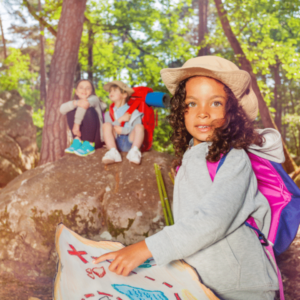 It’s that time of year again when caregivers need to ‘spring’ into action and plan how they will fill nearly three months of no school this summer. Every year, about 26 million children attend roughly 15,000 day and overnight summer camps across the country. The search for the best camps is in full swing, but how do parents ensure camps are properly vetted for safety?
It’s that time of year again when caregivers need to ‘spring’ into action and plan how they will fill nearly three months of no school this summer. Every year, about 26 million children attend roughly 15,000 day and overnight summer camps across the country. The search for the best camps is in full swing, but how do parents ensure camps are properly vetted for safety?
The facts are: every nine minutes a child is a victim of sexual abuse and assault (rainn.org) and 90% are abused by someone they know and trust. American Camp Association reported that 28% of calls to its Camp Crisis Hotline in summer 2023 were allegations of abuse, including: camper-to-camper abuse, concerned suspicions of abuse at home, and staff-to-camper allegations.
Florida-based nonprofit Center for Child Counseling (CFCC) recognizes the many benefits of kids attending summer camps. To help uphold the integrity of the life skills gained at camp, the Center wants to ensure every camper in the United States and across the globe is protected and safe from abuse with CampSafe®–an online training designed to provide camp leadership and staff with the awareness and knowledge needed to prevent child sexual abuse.
The goal is for all staff–including counselors, administrators, supervisors, dining and health personnel, volunteers, and board members–to arrive at camp with the same strong foundational knowledge of child sexual abuse prevention and awareness.
For summer 2024, more than 12,000 camp staff across 135 camps in 40 states and 19 countries participated in the CampSafe® training program. More than 20,000 campers were kept safe.
“Empowering every caregiver in every camp setting with knowledge of this topic provides a confidence level that best protects all staff and campers. Focused training for staff and volunteers both breaks the cycle of child sexual abuse and highlights a topic too often avoided out of fear and/or discomfort,” said Cherie Benjoseph, CFCC director of national outreach and education and creator of the CampSafe® curriculum.
The program was created for both young adults, ages 18-26, as well as seasoned staff, to take the topic seriously but not instill fear. The training promotes compassion toward campers as staff become fluent in the language of safety while providing comfort, aide, and access to supervisory staff for guidance.
According to Yasmine Youssefi, assistant supervisor of day camps at Camp Zoo – Phoenix Zoo in Arizona, “We started using CampSafe® last summer, and my only regret is not starting it sooner! We used to do our abuse prevention in house, and I found using CampSafe® to be much more effective. It aligned really well with our behavior/group management training and provided specific examples and scenarios to make expectations for conduct clear. I like how they emphasize the importance of modeling behavior and boundaries. I used to be a teacher, and have done many abuse prevention trainings.Personally, I found CampSafe® to be the most inclusive of diverse backgrounds, and it was competitively priced–under one rate we were able to train all our staff, representatives from other departments, and volunteers. We do year-round programming, so we were even able to train our new hires for the fall/winter/spring as well. We plan to renew it for next summer as well.”
From setting healthy boundaries to ensuring the entire camp team has a consistent safety protocol, CampSafe® training provides animated scenarios, interactive learning, and clear safety language for staff. Director training modules include: interviewing and background check protocol; child protection policy and procedures; supervising around the issues of child sexual abuse prevention; in-person follow-up training to provide during pre-camp week; links to state resources; establishing healthy boundaries; ice breakers for counselors and campers; sexual harassment; letters to parents and staff; and post-testing for certification. New this year, the director certification training also includes a module regarding sexual abuse prevention with campers with various special needs.
“Training focused squarely on sexual abuse prevention sends a message that your camp has ‘zero tolerance’ for sexual abuse. This powerful message helps deter staff applicants who may have undesirable motives,” added Benjoseph.
The CampSafe® program was developed by professionals with expertise in sexual abuse prevention and training. The Center for Child Counseling team partnered with experts in learning and development, using the most up-to-date online method. The training is designed to build confidence and knowledge for all camp personnel, gently but thoroughly, before camp begins.
According to data collected from the Center, staff’s ability to identify a camper who is at risk for child sexual abuse went from 49% confidence to 97% after the training. More than 75% of participants reported feeling safer that their camp is taking action to protect the staff and campers.
“As I completed the CampSafe training on child sexual abuse, I gained a deeper understanding surrounding this issue and the critical role that prevention, awareness, and intervention play in protecting children. The course empowered me with the knowledge and tools needed to create a safer space for children, and it reinforced the importance of ongoing vigilance and education in preventing abuse,” stated Antonio C., staff member at Lake of the Woods camp in Michigan.
CampSafe® has the educational endorsement from the American Camp Association and is an Approved Youth Protection Training for the state of Texas. The training can be provided to all camp staff for a nominal fee, ranging from $300-$900 depending on the number of staff members being trained.
CampSafe® is part of Center for Child Counseling’s beKidSafe initiative of providing prevention education for all adults who work with children.
Renée Layman, CEO of the Center, believes “all children deserve the same protection from abuse at summer camps as that which we advocate for and provide training for within schools and child care centers during the school year. Our goal is make it easy for all adults to become trauma-aware and recognize and stop childhood trauma and abuse in its tracks.”
Before a parent or caregiver officially enrolls their child in summer camp, do the proper vetting and ask the question, “Does this camp take the personal safety of my child seriously?” For a parent’s guide on vetting a summer camp for safety, visit bekidsafe.org/vettingcampforsafety.
For camp associations, camp directors, parks and recreation departments, and school districts interested in learning more about how to be proactive in preventing and responding to child sexual abuse at your day or overnight camp, visit bekidsafe.org/camps or email bekidsafe@centerforchildcounseling.org.
Leading into summer 2025, so far 80 camps across the country have signed up for the training–including 13 in Florida with four in Palm Beach County. Limited CampSafe® scholarships are available to camps for underserved youth in Palm Beach County.
Interview availability:
Cherie Benjoseph, LCSW, CFCC director of national outreach and education and creator of the CampSafe® curriculum.
About Center for Child Counseling
Center for Child Counseling has been building the foundation for playful, healthful, and hopeful living for children and families in Palm Beach County since 1999. Its services focus on preventing and healing the effects of adverse experiences and toxic stress on children, promoting resiliency and healthy family, school, and community relationships. www.centerforchildcounseling.org Twitter: @ChildCounselPBC Facebook: @CenterforChildCounseling Instagram: @childcounselpbc
About Cherie Benjoseph, CFCC director of national outreach and education and creator of the CampSafe® curriculum:
Cherie is an expert in the field of Child Sexual Abuse Prevention. She has practiced social work since 1989. After receiving her MSW at Boston University, she worked as a Licensed Clinical Social Worker in multiple school and non-profit settings in the Northeast and the state of Florida. In 2009 she founded KidSafe Foundation, a non-profit focused on child sexual abuse primary prevention. Cherie grounds her work in Child Sexual Abuse Prevention using a public health model. She is convinced that educating children and those who live or work with children about child sexual abuse and trauma prevention will strengthen families and protect kids, breaking the cycle of abuse. Presently, as Director of National Outreach and Education for the Center for Child Counseling, Cherie works with national and local leaders to define and improve the ever-changing issues around protecting children from harm. For more than a decade, she has presented nationally at conferences and symposiums. She loves to have conversations about how to talk with kids about personal safety, and she believes a safe society—free from child sexual abuse and exploitation—is attainable. Through Cherie’s leadership, several state-of-the-art programs have been created including Stay KidSafe!™, a personal safety curriculum for children, and CampSafe®, an online training program for camp staff, now programs of Center for Child Counseling. Cherie serves on the National Coalition to Prevent Child Sexual Abuse and Exploitation. She is a mom of two (grown and flown). She enjoys qigong, working with clay, travel, and time with her family when she’s not out advocating for the safety of all children.
###

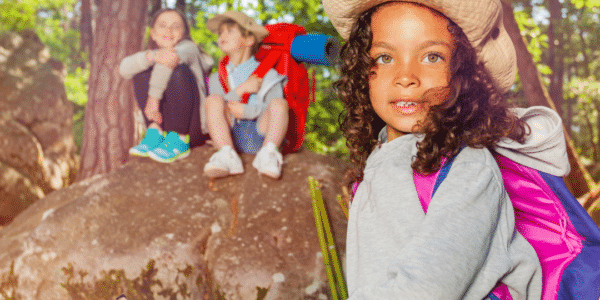
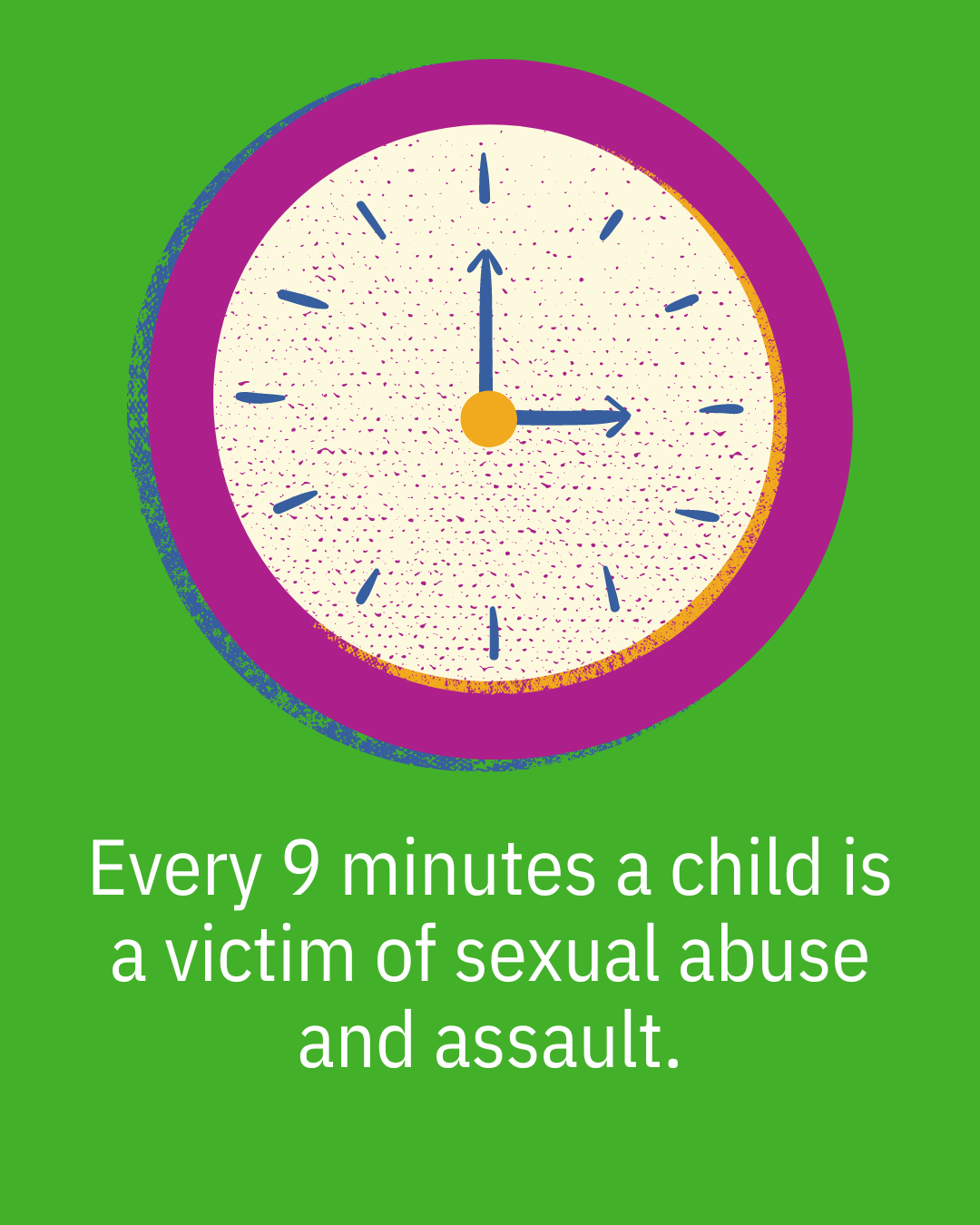
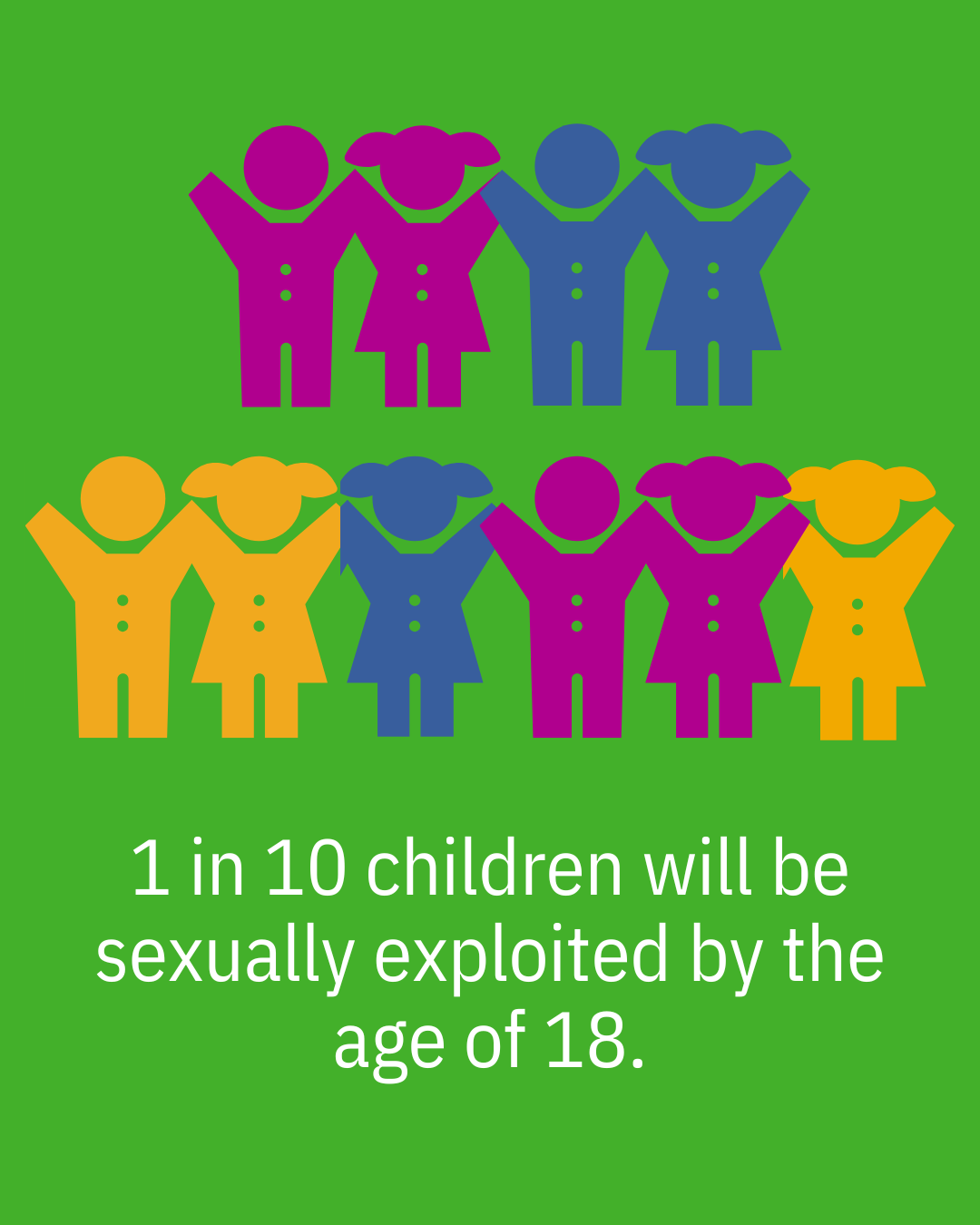

 Such an approach includes creating a system of awareness, education, prevention, support, and treatment in communities. Like the public health approach model used for wearing seat belts to prevent injury and death, we must change the societal behavior and norms around sexual abuse in order to alter society for the better. The long-term health and safety benefits of increasing trauma-aware adults has a direct correlation to decreasing all types of child abuse–sexual along with physical, emotional, and neglect. In turn, this can lead to higher educational achievement, less involvement with the criminal justice system, and better physical health and social outcomes overall.
Such an approach includes creating a system of awareness, education, prevention, support, and treatment in communities. Like the public health approach model used for wearing seat belts to prevent injury and death, we must change the societal behavior and norms around sexual abuse in order to alter society for the better. The long-term health and safety benefits of increasing trauma-aware adults has a direct correlation to decreasing all types of child abuse–sexual along with physical, emotional, and neglect. In turn, this can lead to higher educational achievement, less involvement with the criminal justice system, and better physical health and social outcomes overall. As the CEO of
As the CEO of 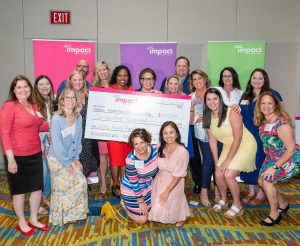
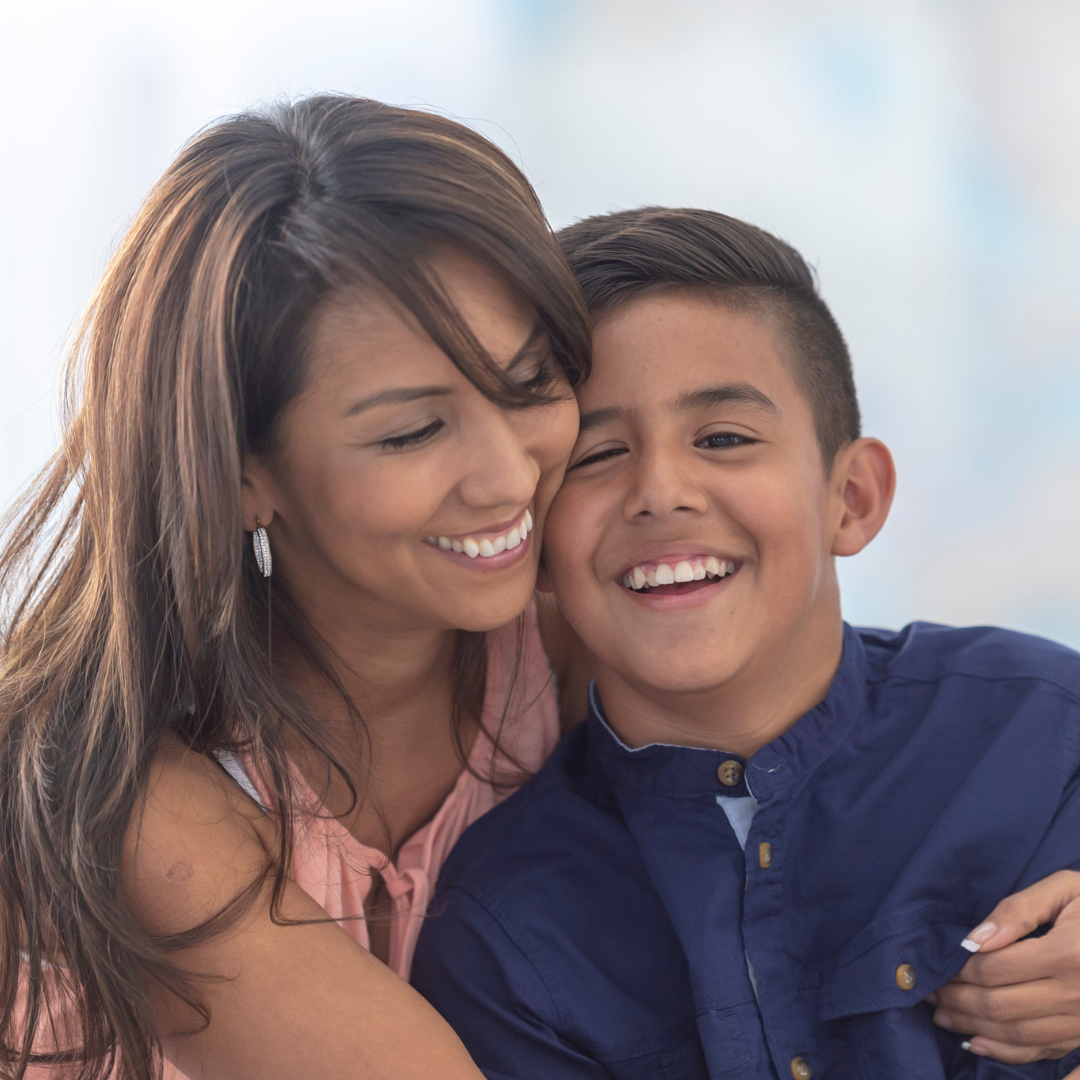 Some touches make us feel comfortable and safe while others do not. In our society we do not talk much about touching in general. We either say “Don’t touch your Brother” or “Use nice hands.” (From my daughter’s preschool days.) Let’s dive a little deeper as human touch is an important part of wellness and healthy development.
Some touches make us feel comfortable and safe while others do not. In our society we do not talk much about touching in general. We either say “Don’t touch your Brother” or “Use nice hands.” (From my daughter’s preschool days.) Let’s dive a little deeper as human touch is an important part of wellness and healthy development.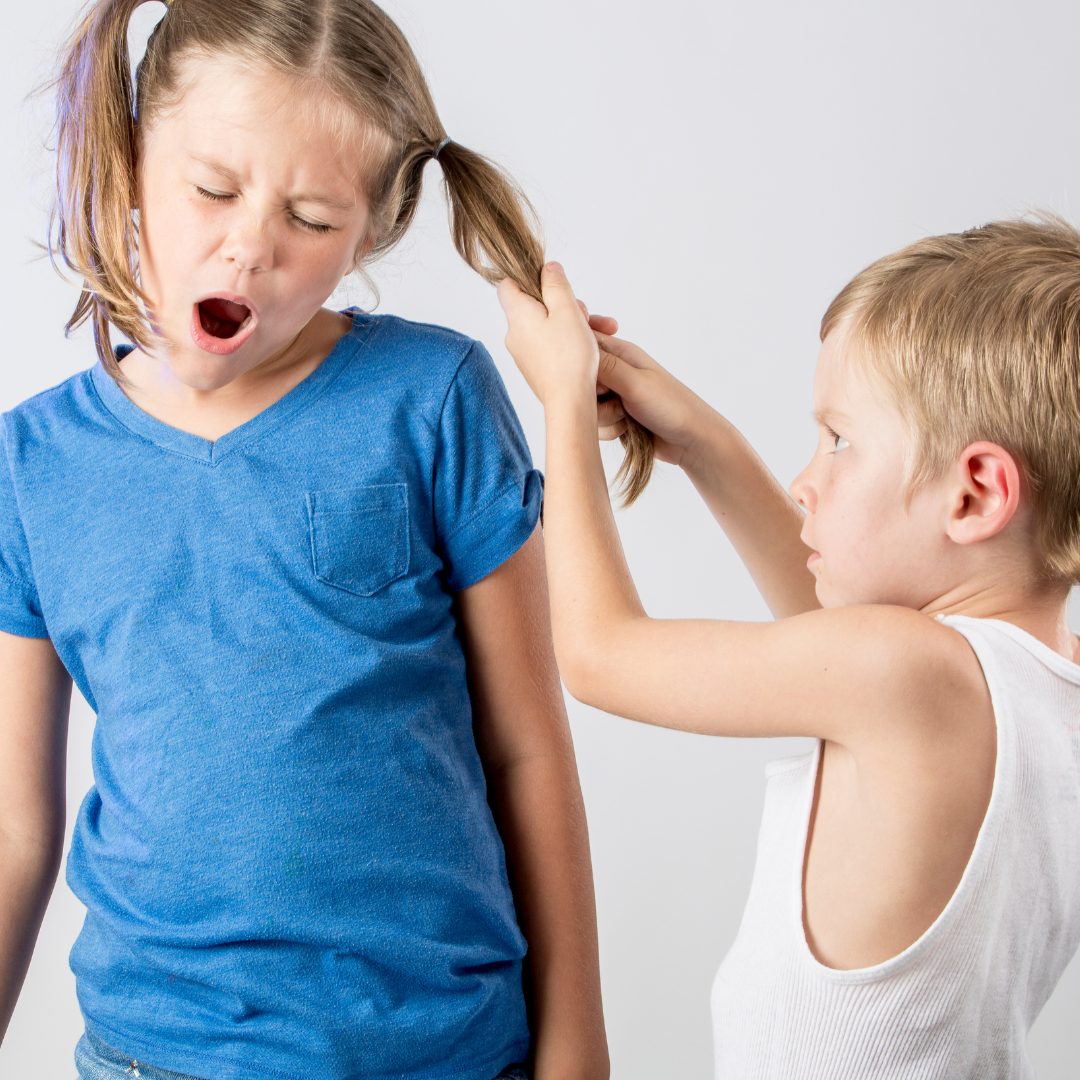 Unsafe touches happen every day. Examples: Siblings shoving each other, a grown-up grabbing an arm of a child in frustration, a child being physically harmed by another student at school (bullying), someone touching a child’s private parts, or forcing a child to touch their private parts.
Unsafe touches happen every day. Examples: Siblings shoving each other, a grown-up grabbing an arm of a child in frustration, a child being physically harmed by another student at school (bullying), someone touching a child’s private parts, or forcing a child to touch their private parts.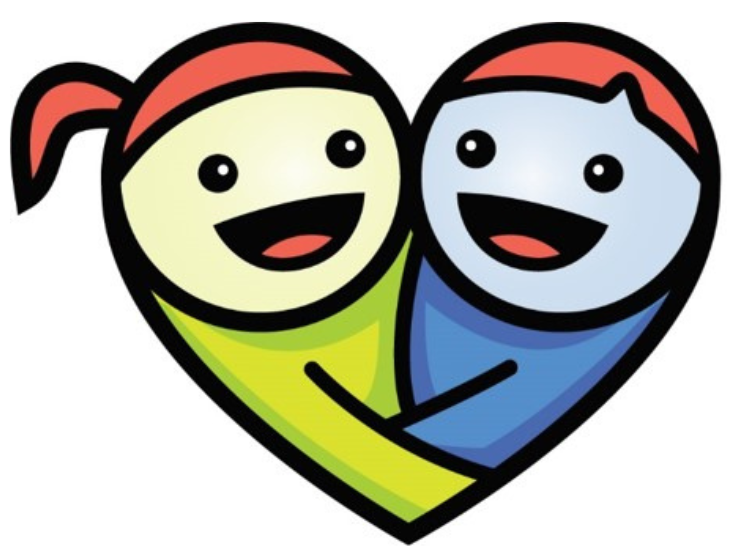 KIDSAFE TIP:
KIDSAFE TIP: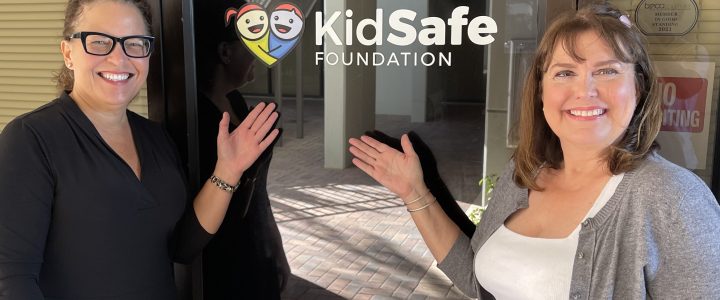
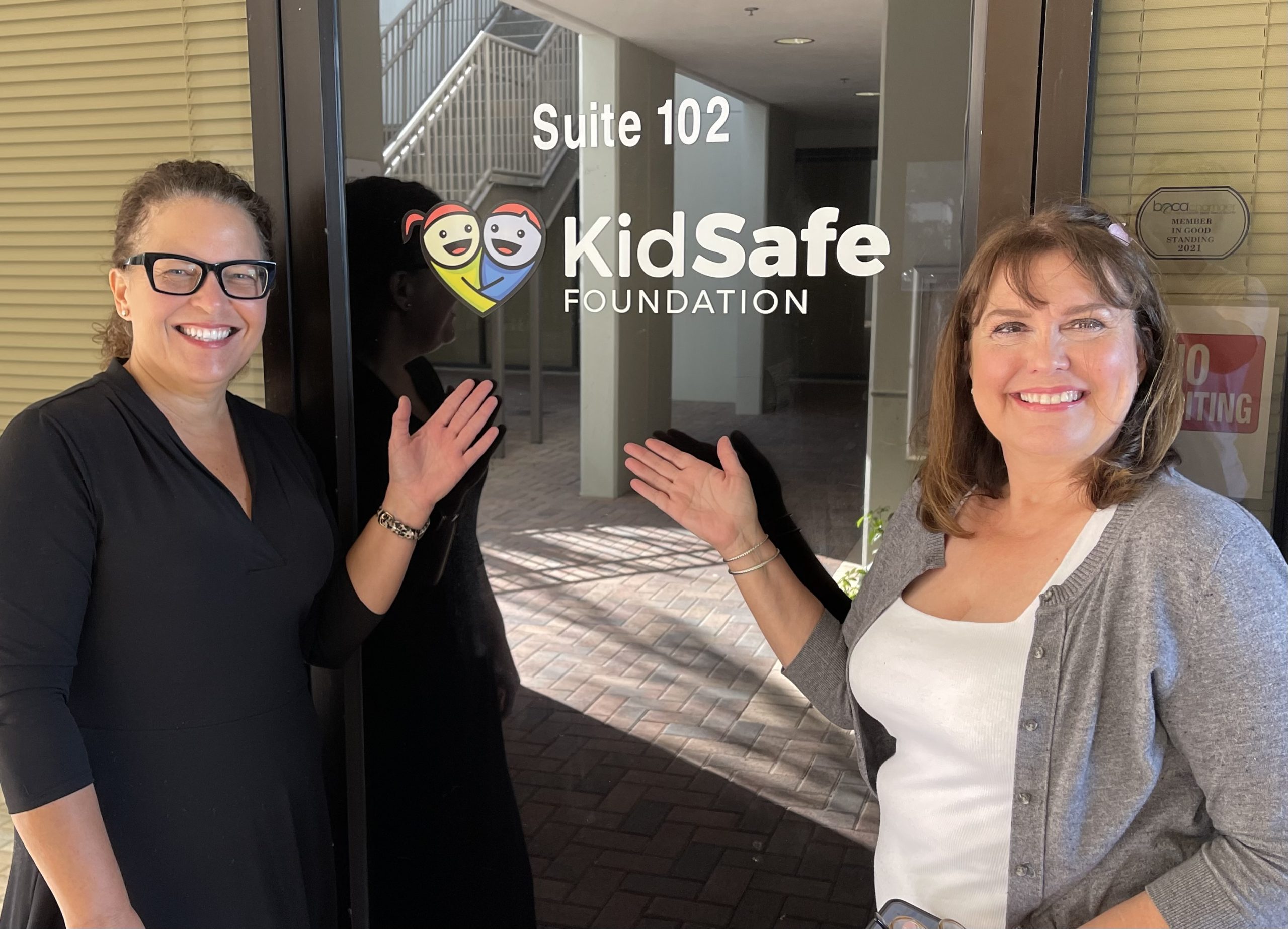 Center for Child Counseling
Center for Child Counseling